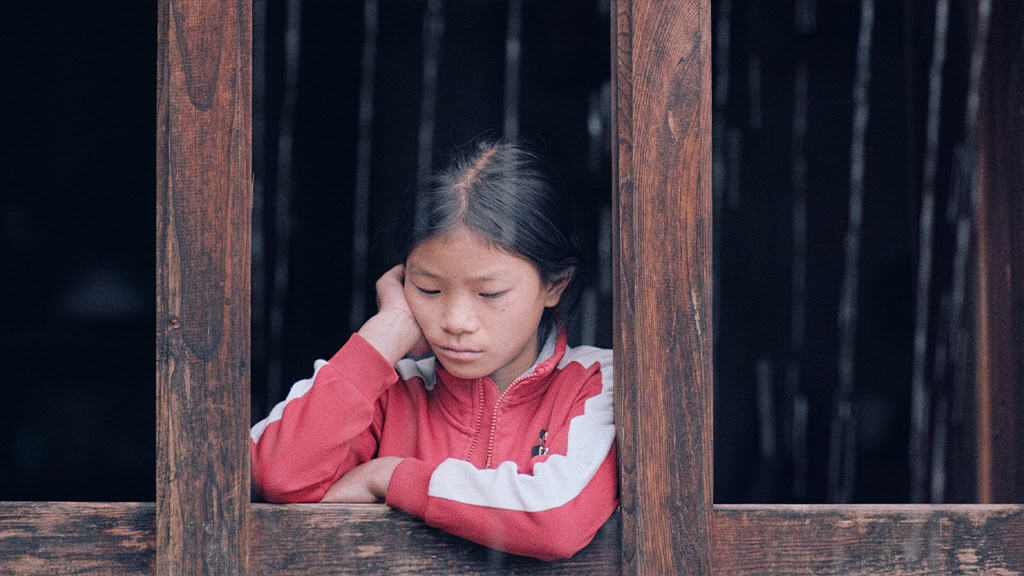“Mist” (Angae) or the Foggy Town is a South Korean film directed by the prolific filmmaker Kim Soo-Yong in 1967, inspired by the novel “Record of a Journey to Mujin” (무진기행) by novelist Kim Seung-ok. In 1968, “Mist” won the award for Best Director at the Asia Pacific Film Festival. This work undoubtedly stands as one of the most emblematic movies of Korean cinema's golden age (1955 to 1972). The historical backdrop in which this entire era of exploration is situated is essential for a comprehensive understanding of the works themselves.
Mist is screening at Film At Lincoln Center, as part of the Korean Cinema's Golden Decade: The 1960s program
The story follows Yun Gi-jun – portrayed by the legendary actor Shin Seong-il – a rich married businessman based in Seoul. Alienated and stressed by his job position, the protagonist decides to return to his hometown, Mujin, to visit the grave of his mother. There, he encounters the music teacher Ha In-suk, portrayed by Yoon Jeong-hee, the iconic main character of Lee Chang-dong's “Poetry” (2010). The two immediately engage in a profound interplay of memories, reminiscence, flashbacks, and unfaithfulness.
Right from the outset, the remote village of Mujin establishes itself as the absolute protagonist of the narrative, depicted by Yun as a place of “scorching sun, cloying mist, and people disfigured by poverty”, where a permanent fog envelops the lives of the inhabitants as if it were the “most potent narcotic in the world”. The mist plays a crucial role in the delicate dialectical interchange between the past and the present, as it serves as the perfect embodiment of the nebulous nature of memories, whose contours blur with the passage of years. Not only is it a dreamlike symbol, but it also functions as a tangible physical obstacle, separating the village from more “civilized” cities like Seoul, and concealing the brief illicit love affair between Yun and Ha. Mujin serves as the focal point around which the dialogues of the two protagonists revolve. While the young woman would “give anything” to leave the village and move to the capital city, Yun Gi-jun has previously spent years of solitude and madness in his homeland, reserving for it nothing but words laden with negativity.
Check also this interview
In this veritable wasteland, Kim's film reaches peaks of pure philosophical splendor. The shots of the protagonist's traumatic past blend indissolubly with present situations, a clear sign of a constant interpenetration between who Yun was and who he currently is. Another fundamental theme is solitude, the only word that Yun believed “deserved to be constantly repeated” in his youth. In one of the most intense sequences, the two protagonists walk by the seaside discussing the “sickness of loving no one else but oneself”. In light of this, even though a brief romantic interlude arises between them, it is rather the encounter of two extremely melancholic and suffering souls.
Although it often recalls the stylistic elements of the highly acclaimed French Nouvelle Vague – instinctively evoking sensations akin to “Hiroshima mon amour” (1959) or “Last Year at Marienbad” (1961) – the directorial choices are solid and effective. The sense of estrangement is carved onto the faces of the two lead actors, whose nearly impenetrable performances create an underlying veneer of subdued madness.
Additional praise should be attributed the soundtrack. The entire film is punctuated by a melancholic jazz theme that recurs incessantly, while Ha In-suk's mournful singing emerges as the last glimmer of hope in the mist. Interesting fact: one of the scores from “Mist” was chosen by Park Chan-wook as the conclusion to his latest work, “Decision to Leave” (2022). Indeed, over fifty years later, Inspector Hae Joon and Seo Rae kind of appear to be the post-modern heirs of Yun Gi-jun and Ha In-suk.
In conclusion, “Mist” is a gem of Korean cinema to be rediscovered and reevaluated, not only for its innovative cinematic character but above all for the melancholic representation of South Korea taking its first steps into the unknown progress path.















